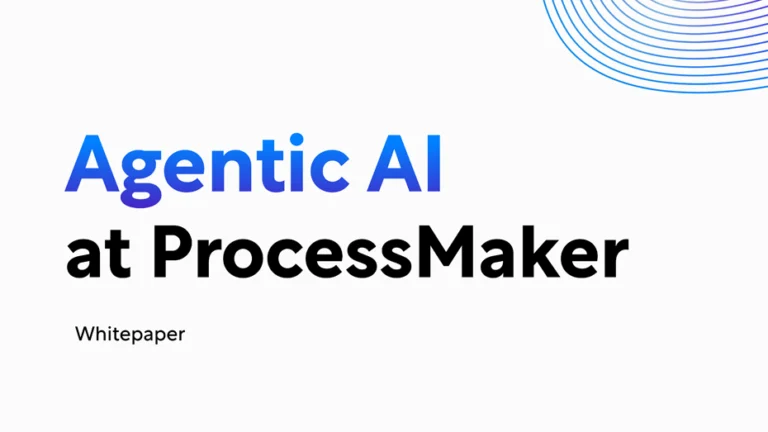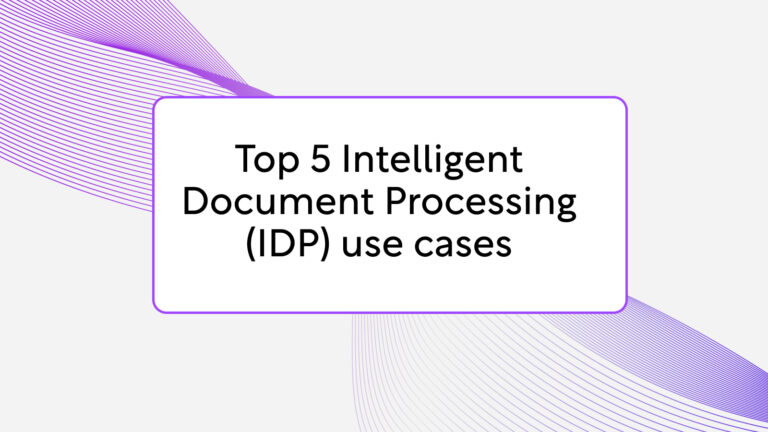So what’s wrong with the legacy ECM?
To make a content management solution effective, users have to provide metadata and tags together with the filed document. This is often a time-consuming task and sometimes done poorly, resulting in floating documents which are not easy to find.
From an architecture perspective, the legacy ECM solutions are monolithic systems which are hard to upgrade and only support a ‘scale all or nothing approach’. This results in high license and corresponding maintenance and support costs for their users.
Moving from ECM to Intelligent Content Management
No doubt that ECM market needs a refreshing new start. We define it as the start of a new Intelligent Content Management era that is all about automation and productivity.
By automatically classifying content, enriching metadata, assigning tags, users don’t have to do this manually anymore. They only have to verify the prefilled metadata when the accuracy of a classification is below a certain (configured) threshold. When corrections are made on the prefilled data the system updates the classifier to predict even better the next time.
Our vision of a next-generation Content Management Solutions
ProcessMaker IDP is the name of a new, state of the art, content management platform driven by Artificial Intelligence (AI) technology resulting in strong cognitive capabilities.
AI technologies used within ProcessMaker IDP are Natural Language Processing, Image Recognition, Machine Learning and Deep Learning. ProcessMaker IDP uses Optical Character Recognition (OCR) technology to extract text from documents so documents can be made searchable and used for further processing.
Words not recognized correctly by the OCR service will be corrected via the Post-OCR service which matches extracted words with others in the content or from a separate list by using machine learning.
Another practical application of ProcessMaker IDP is a service to discover similarity between documents, so similar documents can be detected such as a document of which a signed and non-signed version is available.
With Image Recognition, a meaning can be given to an image resulting in tags describing in words what can be seen on the image. The underlying image recognition algorithm uses Deep Learning techniques and is trained with a large test set of images so it gives a meaning to the objects it recognizes.
These rich cognitive capabilities of the ProcessMaker IDP Content Management solution, briefly described above, make it easier than ever to find what you need and exposes the real value of your content.
In a separate blog article, we’ve explained the cognitive features in more details.
Next to these cognitive capabilities, ProcessMaker IDP combines unstructured content with related structured data from other systems in one master data model. This master data model is very flexible and can be extended by configuration. Some examples of these combinations are marketing assets combined with product data, and contract documents combined with CRM data.
When looking at productivity, usability is a key factor when designing a good user interface. To ensure a consistent user experience, ProcessMaker IDP uses UI components styled according to the ProcessMaker IDP style guide. Enabling clients and partners to create their own components to enrich ProcessMaker IDP with new features.
ProcessMaker IDP is based on an elastic architecture composed of several micro services running within their own container. Services can either be shared by several clients or can be configured to run private/dedicated. Standard container orchestration solutions help to manage the ProcessMaker IDP containers.
With ProcessMaker IDP we aim to redefine the Enterprise Content Management market, give it a new, fresh start, and provide the solutions that meet modern business requirements.





